Bohemian Rhapsody was such a behemoth at the box office, it’s hardly surprising studios would greenlight another movie about a gay rocker- this summer it’s Elton John in Rocketman– hoping for another megahit. And I hear a Boy George biopic is in the works. But there are other gay crooners deserving of their own celluloid story. Here are my pics for big Studio-based filmic immortalization.
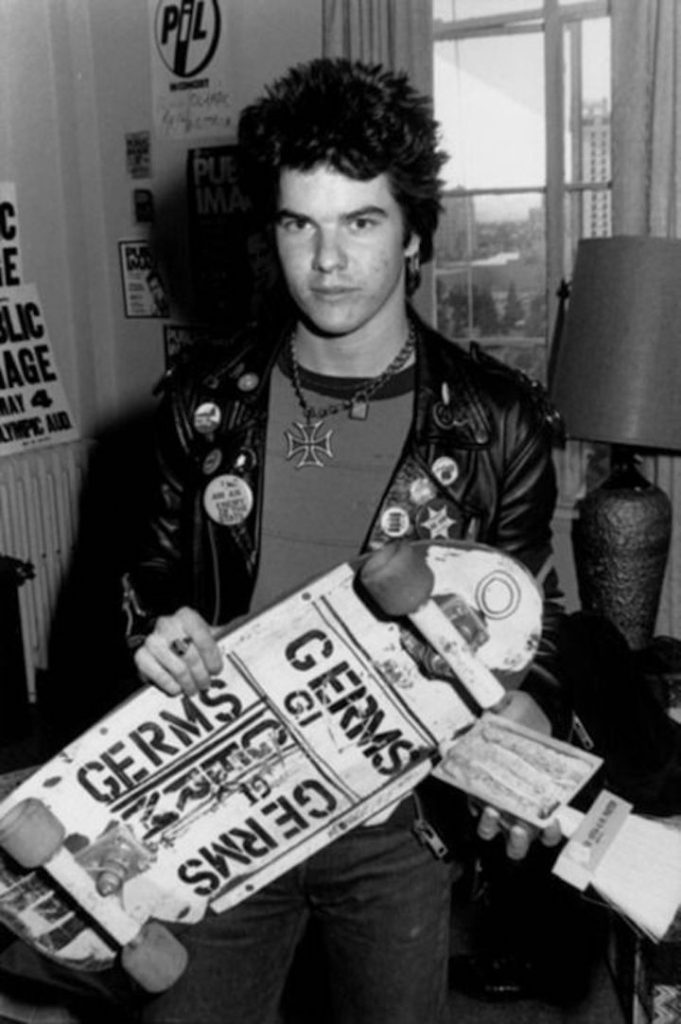
Darby Crash. This L.A. punk singer, who, with his friend Pat Smear formed The Germs, is not exactly a role model, but his chaotic life and death from a heroin overdose is surely a cautionary tale. His stage shows were usually frenzied, bloody and out-of-control, thanks to Crash’s drug use and the volatile crowds at the venues they played. Penelope Spheeris captured him on film (the band never recorded anything on disc) in her seminal documentary The Decline Of Western Civilization, and Crash explained how he got himself ready for a stage show: “Usually I take speed, or something and that gets too nervous so I do some kind of downers. And then I start drinking.” Girls threw themselves at him, but he was gay and wildly closeted about it, fearing the backlash from the homophobic rock scene. According to the excellent book Lexicon Devil: The Fast Times And Short Life Of Darby Crash And The Germs, many of his close friends didn’t even know he was gay until after he was dead. But after reading that aural history you really feel for this troubled, snaggletooth punk legend.
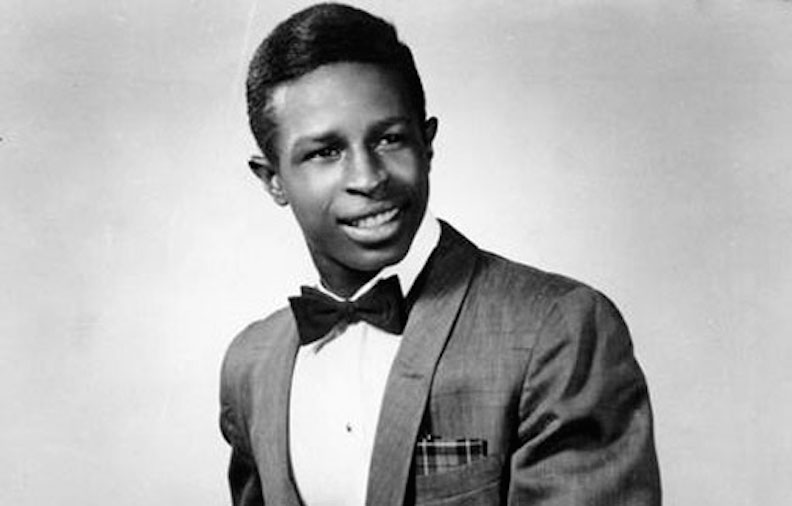
Arthur Conley. This great R & B singer was a protégé of Otis Redding– together they wrote Sweet Soul Music which Conley made into a smash hit. Conley had many top singles in the 70s- there are amazing clips of him on Youtube where you can see how incredible he was on stage. But once again, he was a closeted gay, which led him to eventually move to Amsterdam, change his name to Lee Roberts (his middle name and his mother’s maiden name) so he could live his life freely. He got a Dutch band together and performed in Europe the 80s as Lee Roberts & The Sweaters. Conley died at 57 from intestinal cancer and was buried in the Netherlands, where he finally found peace.
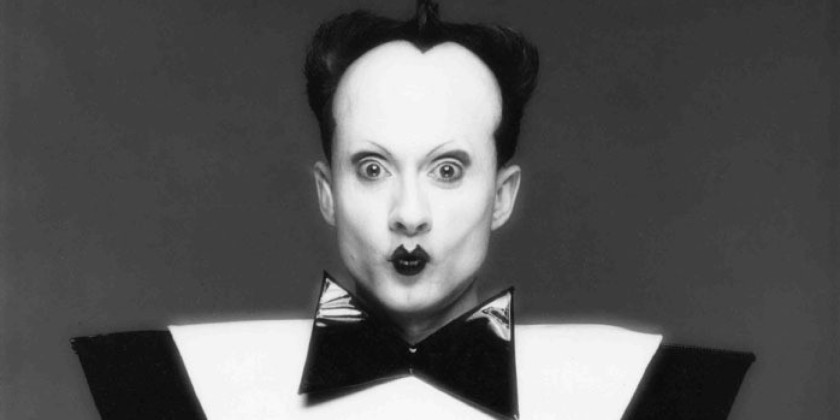
Klaus Nomi. Born in Bavaria in 1944, Nomi emigrated to New York where he immersed himself in the East Village performance artist and theater scene. Known for his alien-like appearance with white-powdered skin, punked-out receding hairline, black eyeliner and lips, it’s easy to see his was an inspiration to David Bowie. Bowie used Nomi and the fabulous performance artist Joey Arias as back-up singers when he performed on Saturday Night Live in 1979. Nomi was otherworldly as a singer too- his voice reached wildly operatic heights. That appearance on SNL led to a contract with RCA and his plastic suit and weird appearance startled and delighted concert-goers everywhere before he succumbed to AIDS in 1983. His ashes were scattered across New York City.
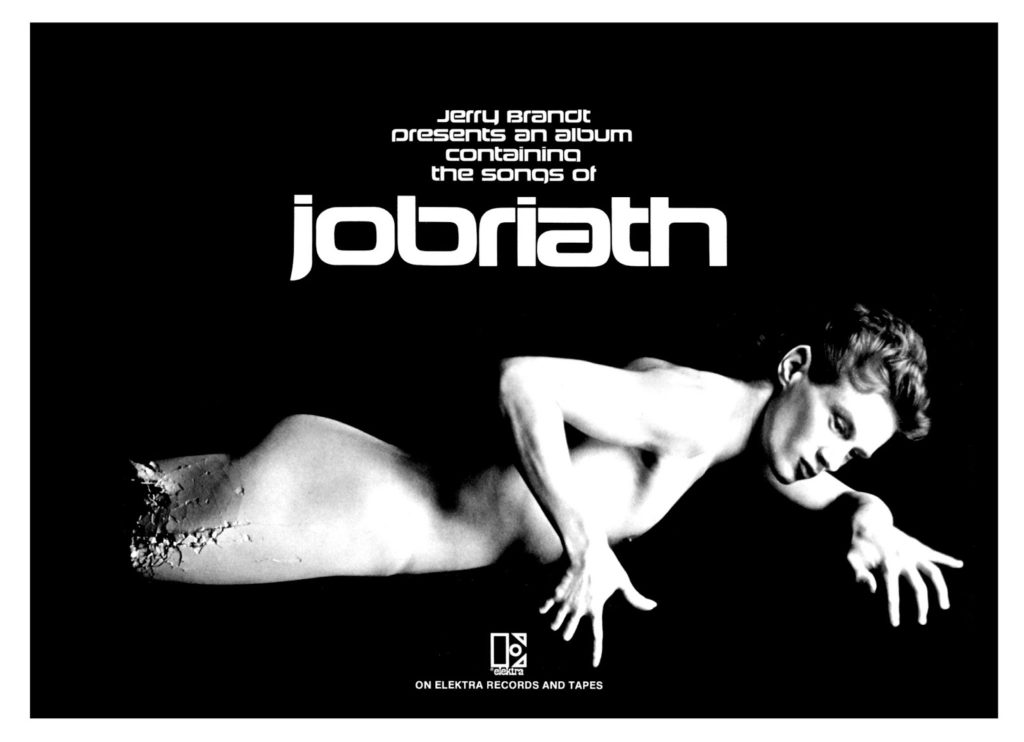
Jobriath. One of the first openly gay rock musicians, Jobriath grew up in Texas. His love for classical music led him to compose symphonies in high school. Drafted into the army he went AWOL and went with a friend to an audition for Hair and so impressed director Tom O’Horgan with his vocal abilities he was given the role as the gay teen “Woof.” But his upstaging of the other actors caused him to get fired from the show. He was caught by MPs, arrested and spent six months in a military psychiatric hospital where he began writing songs with a more rock edge. Eventually he was signed by Elektra records for a 2-record deal and the promotion for his first album was extraordinary- posters for his album were on New York buses and a billboard in Times Square. Well reviewed by critics, unfortunately the record sales were dismal. There’s a wonderful documentary Jobriath A.D. by Kieran Turner that documents this incredibly talented artist, so ahead of the curve, who tragically died of AIDs in 1983.
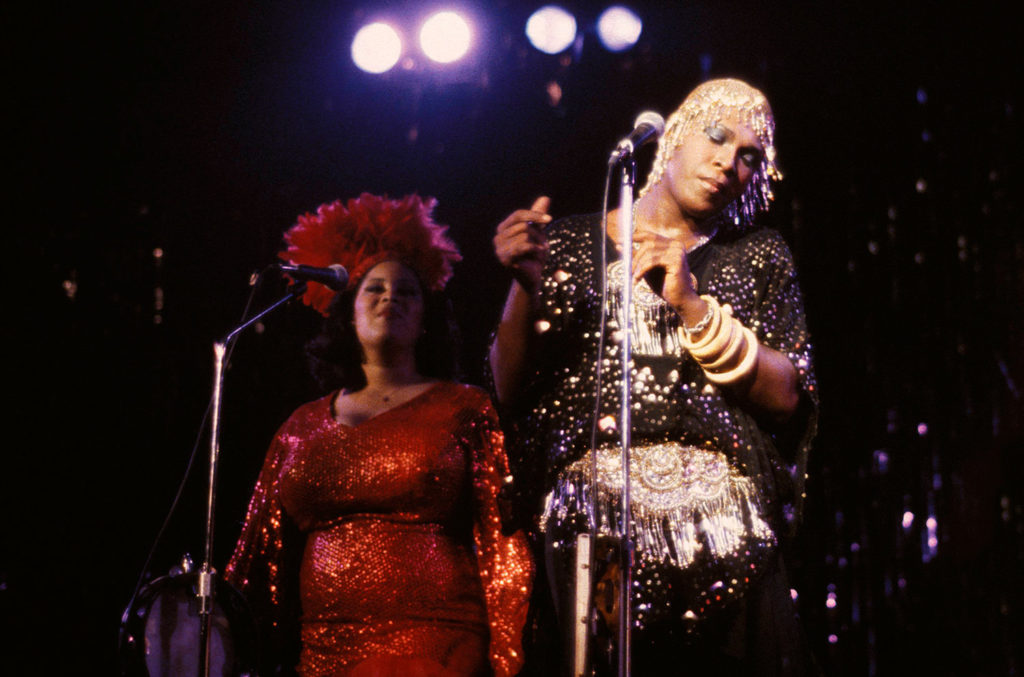
Sylvester. Flamboyant African American singer with great falsetto voice, whose career began in San Francisco when he joined the gender-fluid theatrical troupe The Cockettes, where Sylvester appeared in their crackpot theatrical extravaganzas. A high point was playing Coretta Scott King in the short 1971 film Tricia’s Wedding. After The Cockettes’ disastrous New York show, Sylvester left to pursue his musical career. He went through different musical incarnations- Sylvester And His Hot Band, Two Tons Of Fun & Sylvester until he struck gold as the “queen of disco.” His live recording of You Make Me Feel (Mighty Real) still shakes the rafters with his Gospel-infused intensity. When he was ill with AIDS, the Castro Street Fair in San Francisco held a huge “tribute to Sylvester,” which he wasn’t well enough to attend. After his death, his funeral (which he carefully planned) was at The Love Center and the sermon was by Reverend Walker Hawkins and accompanied with gospel choirs as he lay in an open coffin resplendent in a red kimono, fabulous to the very end.
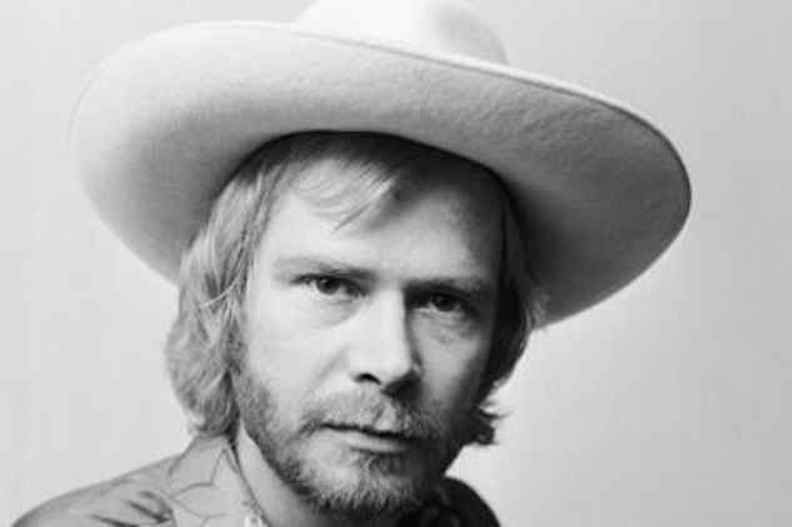
Long John Baldry. Ever wonder who Elton John was referring to in his very personal song Someone Saved My Life Tonight? Well, it was John Baldry, the lanky 6’ 7” British blues singer who came to John’s side after an attempted suicide attempt and convinced Elton to accept who he was. Baldry was openly gay to friends but not publically (since being gay was still a punishable offence in England). His gravely, blues-infused voice made The Beatles and The Rolling Stones big fans, and in his most popular album It Ain’t Easy, Rod Stewart produced one side of the album and Elton John the B-side (and played the piano), producing Baldry’s biggest hit Don’t Try To Lay No Boogie-Woogie On The King Of Rock And Roll, not to mention other great tunes like Let’s Burn Down The Cornfield and Flying. Baldry eventually emigrated to Canada and formally “came out.” He died in 2005 of a severe chest infection, but that big, beautiful, bluesy voice lives on.
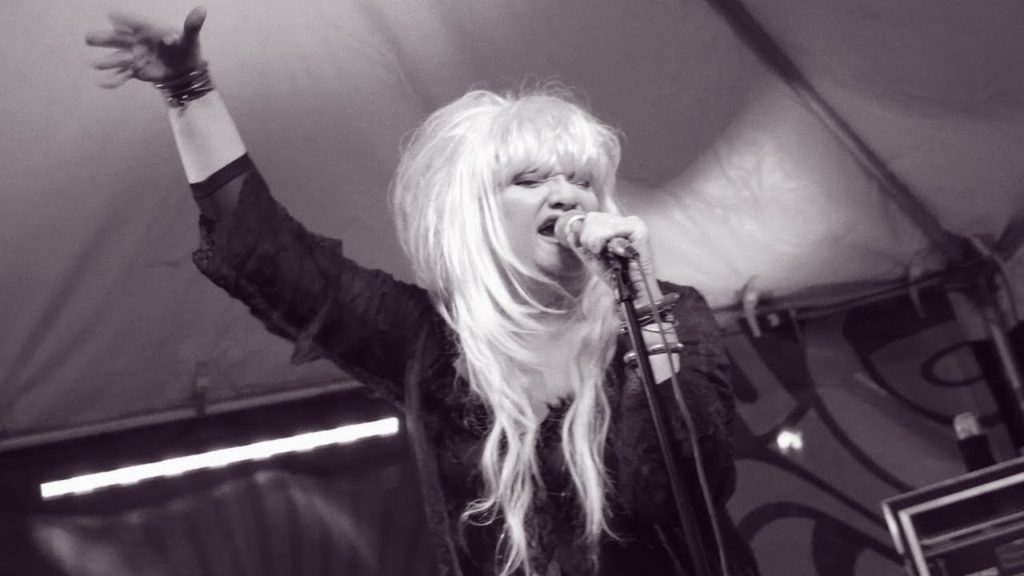
Jayne County. Now here’s someone who blew open the transgender front door. Originally a DJ at Max’s Kansas City during the Warhol era, he then becoming lead singer of the punk band Wayne County & The Backstreet Boys. His wild stage performances were legendary and inspiration to people like David Bowie. A prominent name during New York’s 70s glam rock/punk scene, County moved to London, formed a new band Wayne County & The Electric Chairs and signed to Safari records. After a sojourn to Berlin, Country returned to the States as “Jayne County” and recorded Rock ‘N Roll Resurrection in 1981. County’s incredible, transformative, innovative life is transcribed in the colorful 1995 memoir Man Enough To Be A Woman. In 2019 County recorded his folk/punk protest song “I Don’t Fit In Anywhere!” with Amber Taylor. Rock on Jayne.
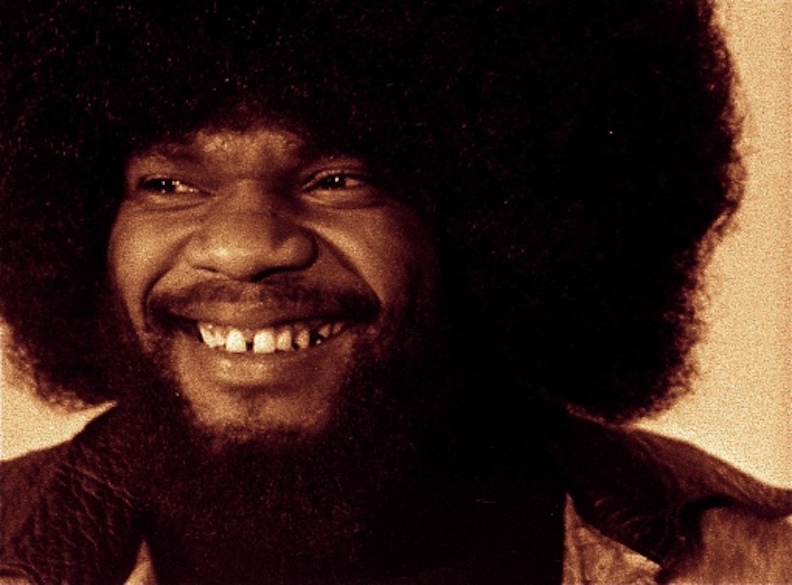
Billy Preston. It’s electrifying to see videos of Billy Preston at the piano with that huge afro and radiant gap-toothed smile performing Will It Go Round In Circles. A key figure in the rock and R & B world, Preston began as a session keyboardist for everyone from Ray Charles, Sam Cooke to The Beatles. He was once referred to as the “fifth Beatle.” Signed to Apple Records, Preston recorded the album That’s The Way God Planned It in 1969. But it was after he signed with A & M records he released chart-topping hits like Nothing From Nothing and Space Race. In 1970 he played keyboards for The Rolling Stones on albums like Sticky Fingers and Exile On Main Street. Growing up with Gospel roots made his acceptance of being gay not easy, and he remained in the closet throughout much of his career. He also confessed to his manager that he had been sexually abused as a boy and when he told his mother about it she didn’t believe him. Preston had a dark side to him. In the 90s he had substance abuse problems and was arrested for sexually attacking a 16-year old boy. Preston performed in The Blues Brothers film and the Concert For George, organized by Eric Clapton for George Harrison to mark the year anniversary of his passing. In 2002 Preston had a kidney transplant, but he eventually succumbed to respiratory failure in Arizona in 2006. This unforgettable musician was 59.
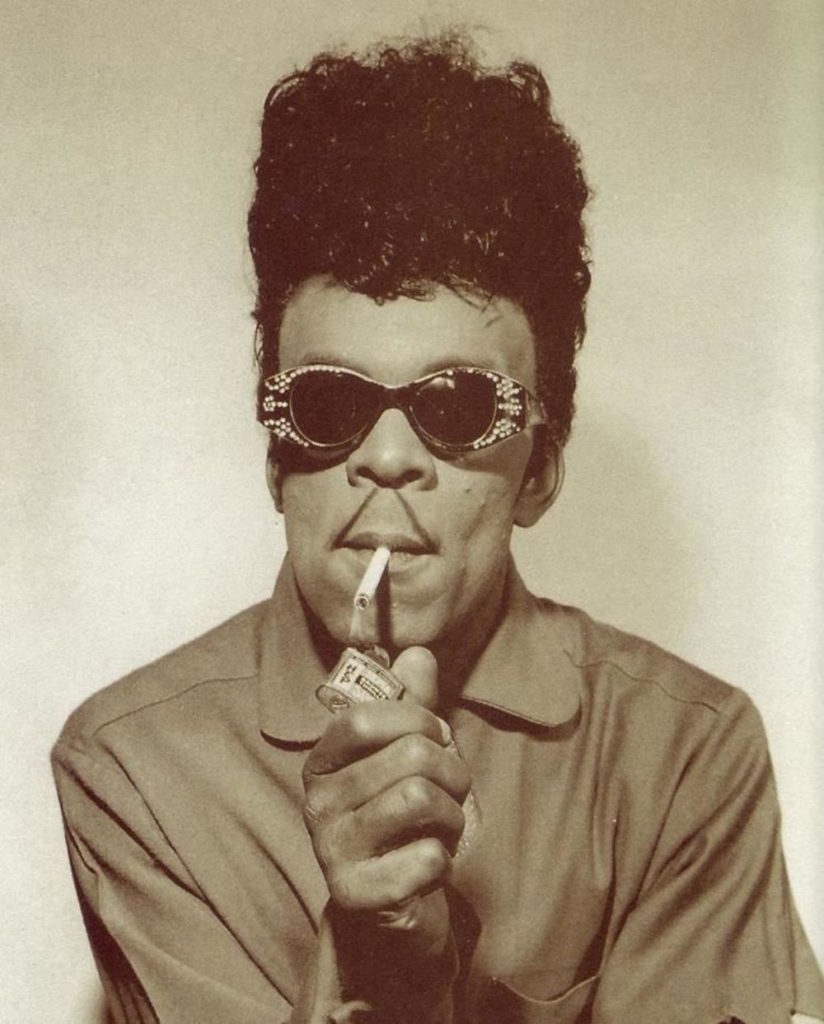
Esquerita. Before Little Richard there was Esquerita. Born Eskew Reeder Jr., this 6’ 1’’ self-taught piano player dropped out of high school and joined up with a gospel group in New York. Eskew began to transform into the flamboyant “Esquerita”- with a mile-high pompadour, make-up and sunglasses, and carefully manicured thin mustache that angled above his lip almost creating a pyramid. A chance meeting with a young musician Richard Penniman in 1954 helped Penniman become Little Richard, and rock and roll was changed forever. Thanks to a member of Gene Vincent and the Blue Caps, Esquerita recorded some demos and eventually cut some singles for Capitol Records. According to a music journalist they were the “some of the most untamed and unabashed sides ever issued by a major label.” Unfortunately, Little Richard’s career skyrocketed, while Esquerita’s fizzled. He moved back to New York where he got a job as a parking attendant and played music in small clubs. He was seen washing car windows in Brooklyn and died from complications from AIDs in 1986. Because his body was never claimed he was buried in a pauper’s grave. If ever there was enough tragedy and injustice to fill a feature film about the life of a true rock and roll original, God knows this is it.

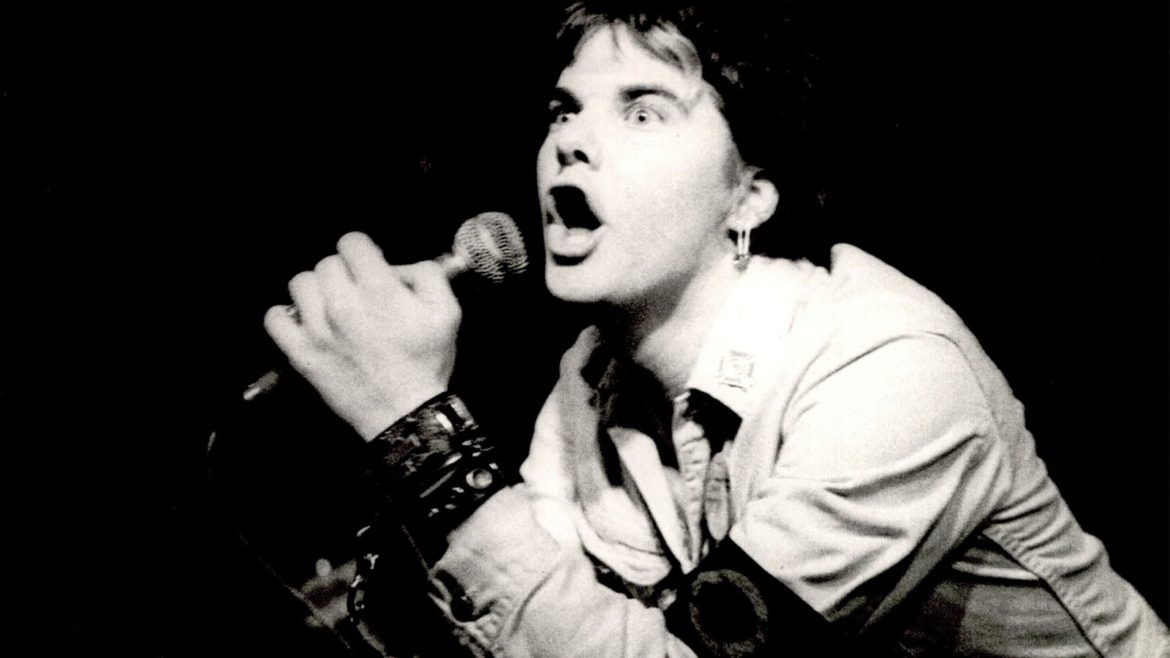
This column is not only incredibly moving it is IMPORTANT. Thank you!
Bravo, Dennis!!!!!
This is so great indeed! This column, and all the previous and the future ones to follow should be piled up and edited into a wondrous Book!!!!!!
Thankyou and ……
Keeponkeepingon!
This is wonderful. I want to work on them all!
Thanks Dennis!